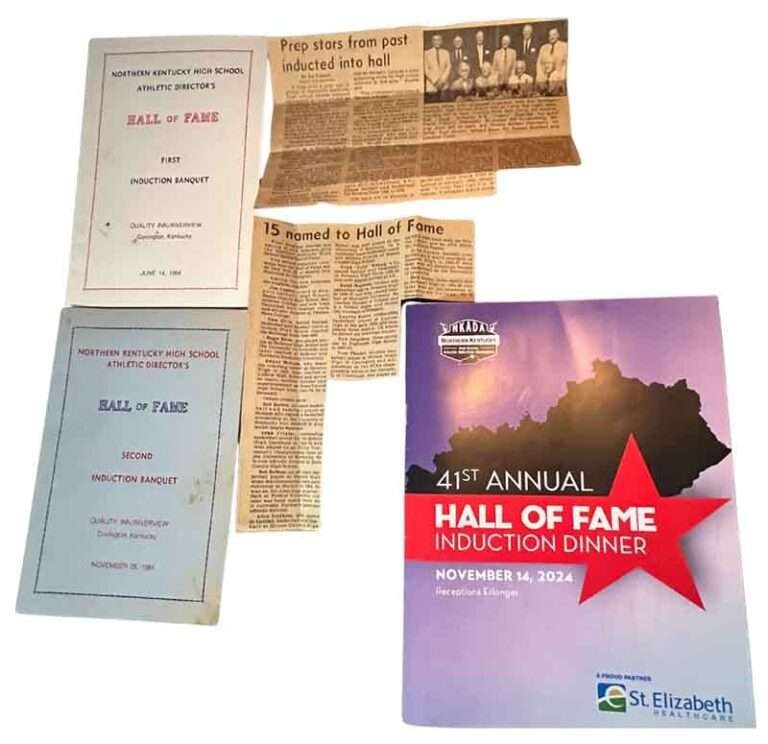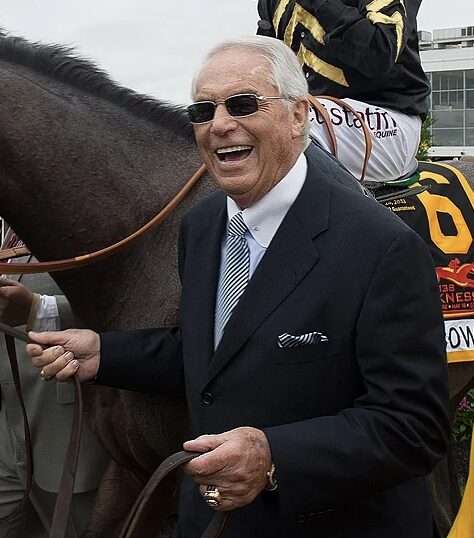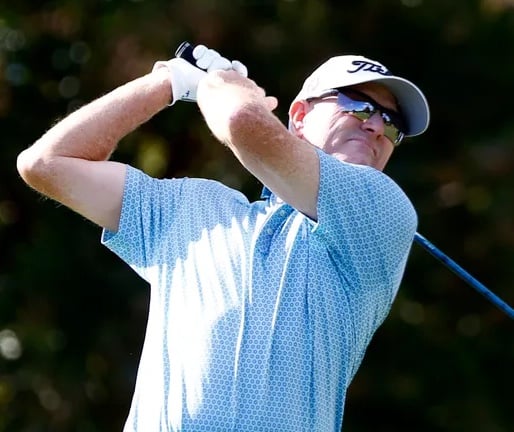They say that vegetarian is an old Indian word for “Bad Hunter,” and I firmly believe that mankind didn’t eat its way to the top of the food chain only on vegetables. Most of us men subscribe to the theory that it is better to have burnt and lost, than to never have barbecued at all — and for some it’s not a skill, it’s a superpower.
According to the Hearth, Patio Barbecue Association (HPBA), 80 percent of households own an outdoor barbecue, griddle or smoker, and some 60 percent of those owners will use their grills year-round; nearly 97 percent will use their at least once a year.
So, the question is: “To Barbecue or not to Barbecue.”

We are already in the month of July and we are in the peak of the barbecuing season, as many of us have been firing up are gas grills, smokers, and griddles on a regular basis.
Barbecuing on grill is in a man’s DNA going back thousands of years when we were required to learn to hunt and kill for our protein, start fires, and then cook our meat over an open flame. As it turns out you can take the man out of the wilderness, but you can’t take the wilderness out of the man –and many of us can be found grilling in the rain and even during severe winter storm.
In fact, it’s an internal instinct for a man to get territorial when it comes to his backyard grill. I can still remember inviting a dear friend over for steaks and cold suds one weekend and was horrified as he dishonored our friendship by trying to highjack my grill.
On that day my grill wasn’t big enough for the both of us, and he has not been invited back over for a barbeque since.
 Keven Moore works in risk management services. He has a bachelor’s degree from the University of Kentucky, a master’s from Eastern Kentucky University and 25-plus years of experience in the safety and insurance profession. He is also an expert witness. He lives in Lexington with his family and works out of both Lexington and Northern Kentucky. Keven can be reached at kmoore@higusa.com
Keven Moore works in risk management services. He has a bachelor’s degree from the University of Kentucky, a master’s from Eastern Kentucky University and 25-plus years of experience in the safety and insurance profession. He is also an expert witness. He lives in Lexington with his family and works out of both Lexington and Northern Kentucky. Keven can be reached at kmoore@higusa.comGrilling takes the formality out of entertaining. Everyone wants to get involved but for some reason men are known to claim this sacred fire-space as a male sanctuary. No women permitted as a man become Kings of his own grill. Once a grill is fired up during any gathering, men always gravitate around the grill, just like lightening bugs are draw to a light.
Unfortunately for some grillers it’s not a real barbecue until the fire department shows up and eyebrows and eyelashes have been burnt off.
Gas grills were involved in an average of 9,079 home fires per year, including 4,454 structure fires and 4,625 outdoor fires annually.
According to the Consumer Product Safety Commission (CPSC), about 18,000 individuals are injured or burned in grill accidents each year. Of those 18,000 accidents, the CPSC estimates that the injuries are caused by out-of-control fires that can lead to significant burns and even fatalities. On average grill fires result in an estimated avers of 10 deaths.
To help avoid ruining your backyard barbeque by either becoming injured or burning your home down, here are some helpful tips:
• Always read the owner’s manual: Before using your grill you need to be aware how to follow specific usage, assembly, and safety procedures. Contact the grill manufacturer if you have questions.
• Grills are meant for outdoor use only: Never barbecue in your garage, breezeway, covered porch, tent, trailer, tent, house, or any enclosed area because they can easily start a fire or cause carbon monoxide to accumulate which can kill you.
• Use grills safely away in well-ventilated area. Set up your grill in an open area that is at least 10 feet away from buildings, overhead combustible surfaces, branches, dry leaves, or brush. Be sure to avoid high traffic areas and always barbecue in a well-ventilated area. Be aware of wind-blown sparks.
• Keep grill stable. When using a barbecue grill, be sure that all parts of the unit are firmly in place and that the grill is can’t be tipped over.
• Use long-handled utensils. The longer the handle the barbecue utensils with the less likely you will get burned. Use your nose: If you smell gas and you haven’t yet turned the burners on, you have a leak. Check the major connection points between the gas (propane) tank hose and the regulator and cylinder, and where the hose connects to the burners. Tighten if loose. Apply a light soap and water solution to the hose using a brush or spray bottle.
• Turn the propane tank on. If there is a gas leak, the propane will release bubbles around the hose (big enough to see). If there are bubbles, turn off the tank and check connections, then have your grill serviced by a professional before using it again.
• Keep a fire extinguisher nearby: If you don’t have access to a fire extinguisher you can also use baking soda to control a grease fire or a bucket of sand or a garden hose.
• Wear safe clothing: Avoid wearing hanging shirt tails, frills, or apron strings that can catch fire, and use flame-retardant mitts when adjusting hot vents.
• To put out flare-ups, either raise the grid that the food is on, spread the coals out evenly, or adjust the controls to lower the temperature. If you must douse the flames with a light spritz of water, first remove the food from the grill.

• Consider placing a grill pad or splatter mat beneath your grill: These heat resistant pads are usually made of lightweight composite cement or plastic and will protect your deck or patio from any grease that misses the drip pan.
• Never leave a grill unattended once lit: Trust me. If you have dirty grill with a lot of residual grease build up, a raging fire can ignite in just a matter of a minute.
• Keep your grill clean: Routinely give your grill a thorough cleaning, by removing grease or fat buildup from the grills and in trays below the grill.
• Don’t attempt to move a hot grill: Never attempt to move a hot grill because it is very easy to trip and or drop it and lead to serious burns.
• Stay away from hot grill: Don’t allow anyone to conduct activities or horseplay near the grill. Keep children and pets safely away as well.
• Turn grill off correctly: When finished with the barbecue, turn off the service valve first to ensure there’s no propane left in the hose; then turn off the burner control.
• When using charcoal grills: If you use a starter fluid, use only charcoal starter fluid. Never add charcoal fluid or any other flammable liquids to the fire. Keep charcoal fluid out of the reach of children and away from heat sources. When you are finished grilling, let the coals completely cool before disposing in a metal container. Douse with water to make sure.
Be Safe My Friends.

















